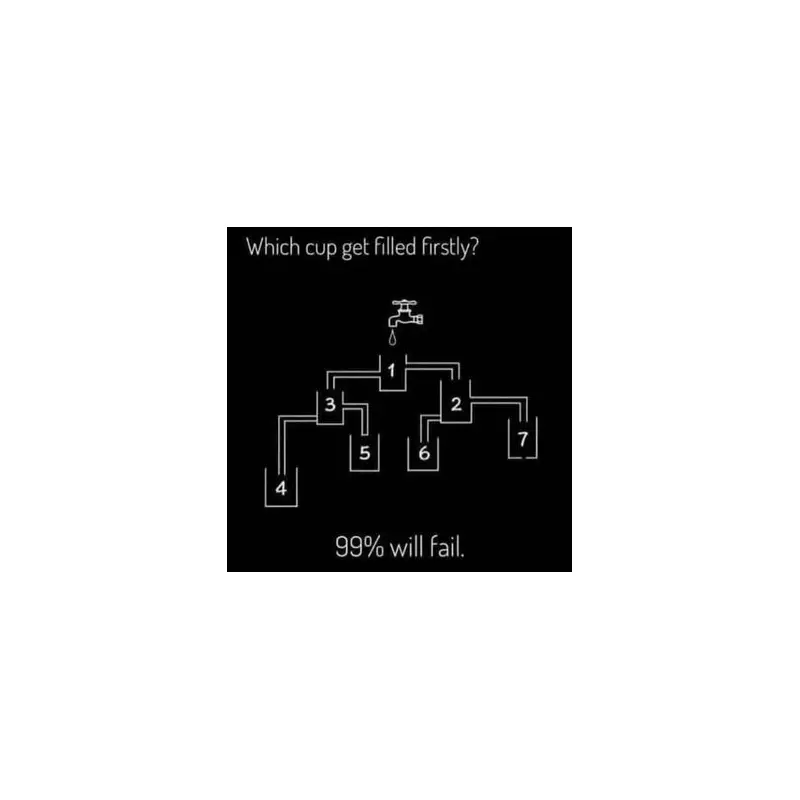
A seemingly straightforward riddle has taken the internet by storm, leaving the vast majority of Britons scratching their heads in confusion. Dubbed 'the impossible puzzle,' this brain teaser appears simple at first glance but has proven remarkably difficult to solve.
The Riddle That's Baffling Britain
The challenge presents participants with a straightforward scenario: "I enter the garden. There are 34 people in the backyard. You kill 30 people. How many people are in the garden?"
Despite its apparent simplicity, statistics show that a staggering 99% of people get this puzzle wrong on their first attempt. The riddle has spread like wildfire across social media platforms, with thousands of Brits sharing their failed attempts and theories.
Why This Puzzle Is So Tricky
The difficulty lies in the careful wording and the assumptions our brains automatically make. Most people immediately jump to mathematical calculations without considering the linguistic nuances embedded in the question.
Common wrong answers include:
- 4 people (34 minus 30)
- 35 people (including yourself)
- 5 people (including yourself after the subtraction)
The Solution Revealed
After careful analysis of the wording, the correct answer becomes clear. The puzzle states: "I enter the garden. There are 34 people in the backyard." This means there were already 34 people present before your arrival.
The key distinction lies in the terminology: the riddle specifically mentions the 'backyard' when referring to the 34 people, but asks how many are in the 'garden' after the events unfold.
The correct answer is 35 people. Here's why: you entered the garden where there were already 34 people in the backyard (which is part of the garden). After you kill 30 people, there are still 5 people remaining (34-30=4, plus yourself).
What Makes This Riddle So Clever
This brain teaser works because it exploits our tendency to make assumptions and jump to conclusions. The switch from 'backyard' to 'garden' creates confusion, while the violent action distracts from the logical sequence of events.
Psychological experts suggest that puzzles like this reveal how our brains process information through pattern recognition and automatic thinking, often causing us to overlook crucial details in the pursuit of quick solutions.
So, were you among the elite 1% who solved it correctly, or did this cunning riddle outsmart you too?





